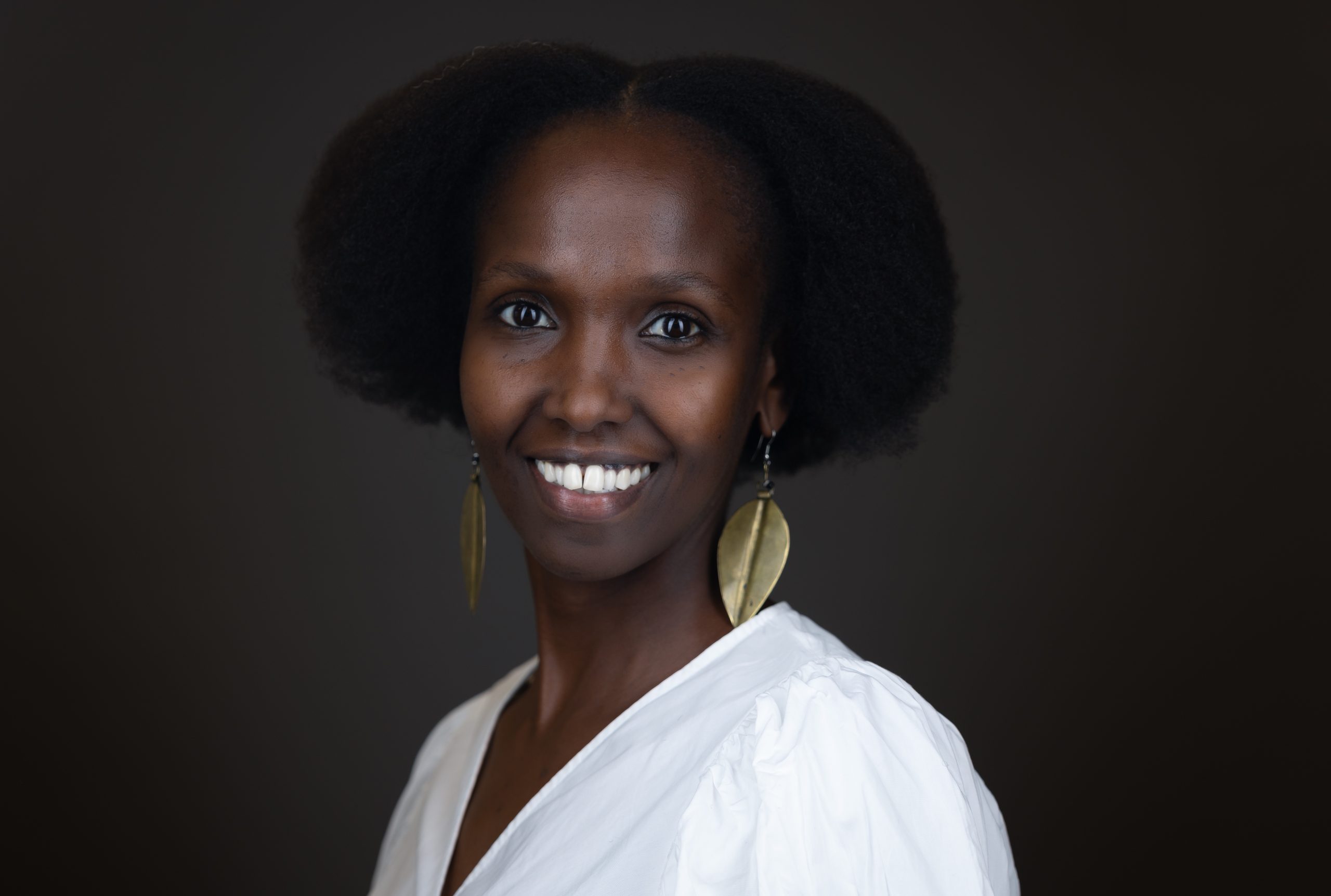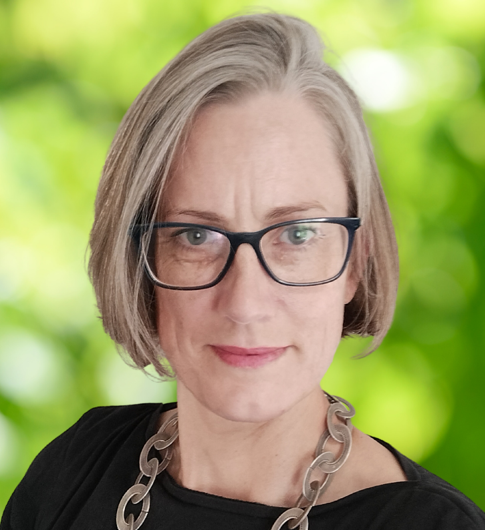Larry Uwajeh is the Digital Communications Manager, Lagos State Employment Trust Fund (LSETF) and he was one of the participants of the first edition of The Development Communications Roundtable (DCR), a knowledge sharing and networking event for young African communications professionals working in the development sector. Developed by The Comms Avenue in partnership with the Mastercard Foundation, the DCR has been designed to equip young development communicators with the skills, tools, and networks to achieve transformative and measurable impact across the continent. In this article, Larry shares his experience and learnings at the DCR.
When I first saw the link to sign up for the Development Communication Roundtable, I immediately Googled “Development Communications”. Seeing the definition confirmed my understanding and I remember saying to myself “Yeah, that’s exactly what I do”. So, when I signed up for the Development Communications Roundtable, I wasn’t entirely sure what to expect, as I had many questions. However, the experience was far more enriching than I could have imagined, offering insightful learning sessions, intentional planning discussions, and an atmosphere that fostered deep reflection and connection.
As someone deeply invested in strategy and who views people as living narratives, the key takeaways from the event reshaped my perspective in unexpected ways.
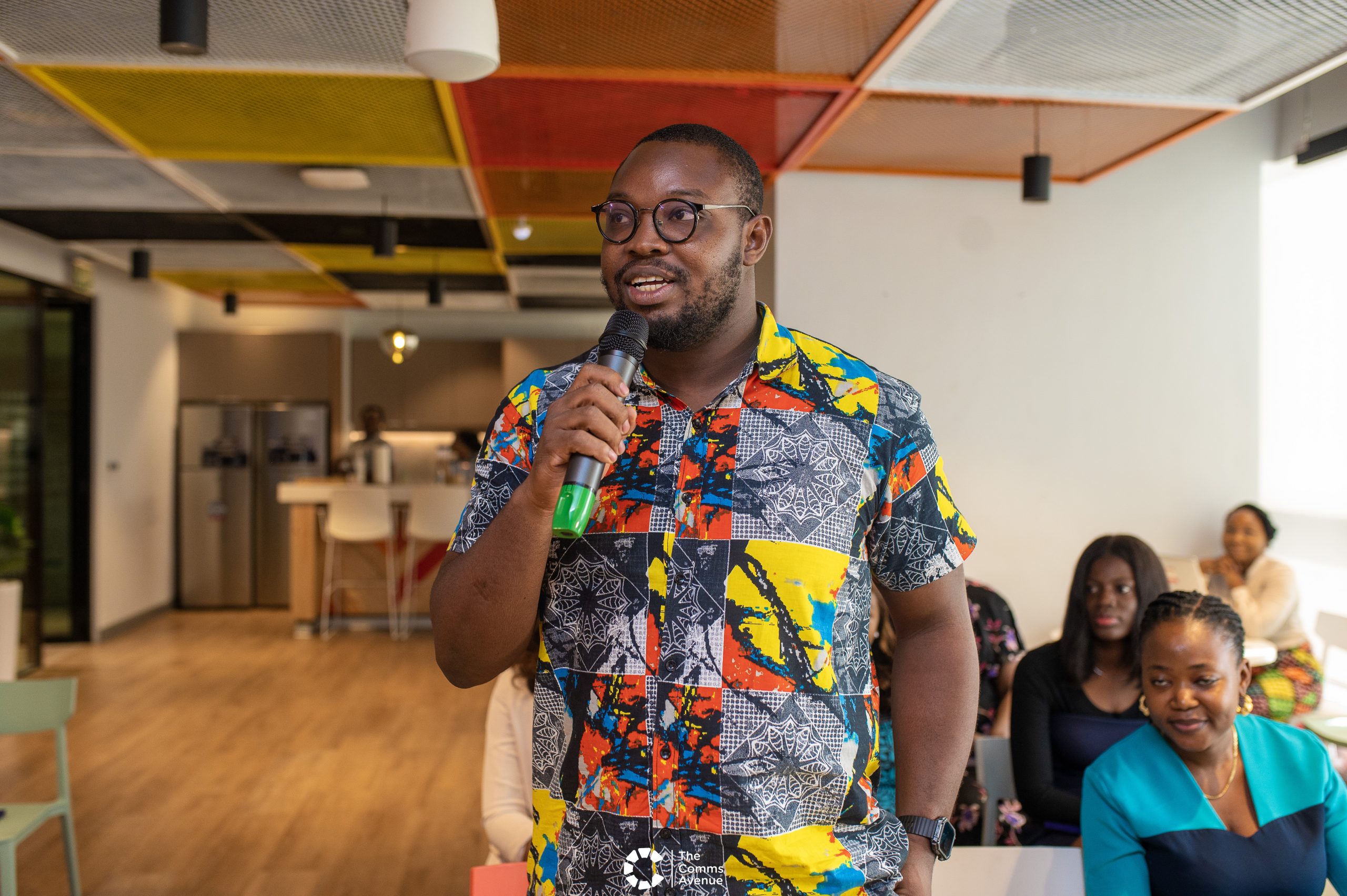
One particularly striking insight came from the Country Communications Lead at the Nigeria Mastercard Foundation, Wura Tunde-Anjous, during her session on impact storytelling.
While many of us follow a familiar template—problem, intervention, results—she challenged us to invert the narrative and prioritise the beneficiaries’ emotional journey from the outset. She succeeded in reminding us that telling stories wasn’t enough but how we tell these stories and how we present the beneficiaries to the world is crucial.
This shift from a data-centric to a human-centric approach isn’t merely about eliciting empathy; it’s about enabling the audience to genuinely feel the impact of change before even seeing the statistics. I left with a renewed commitment to explore this perspective in my work at the Lagos State Employment Trust Fund.
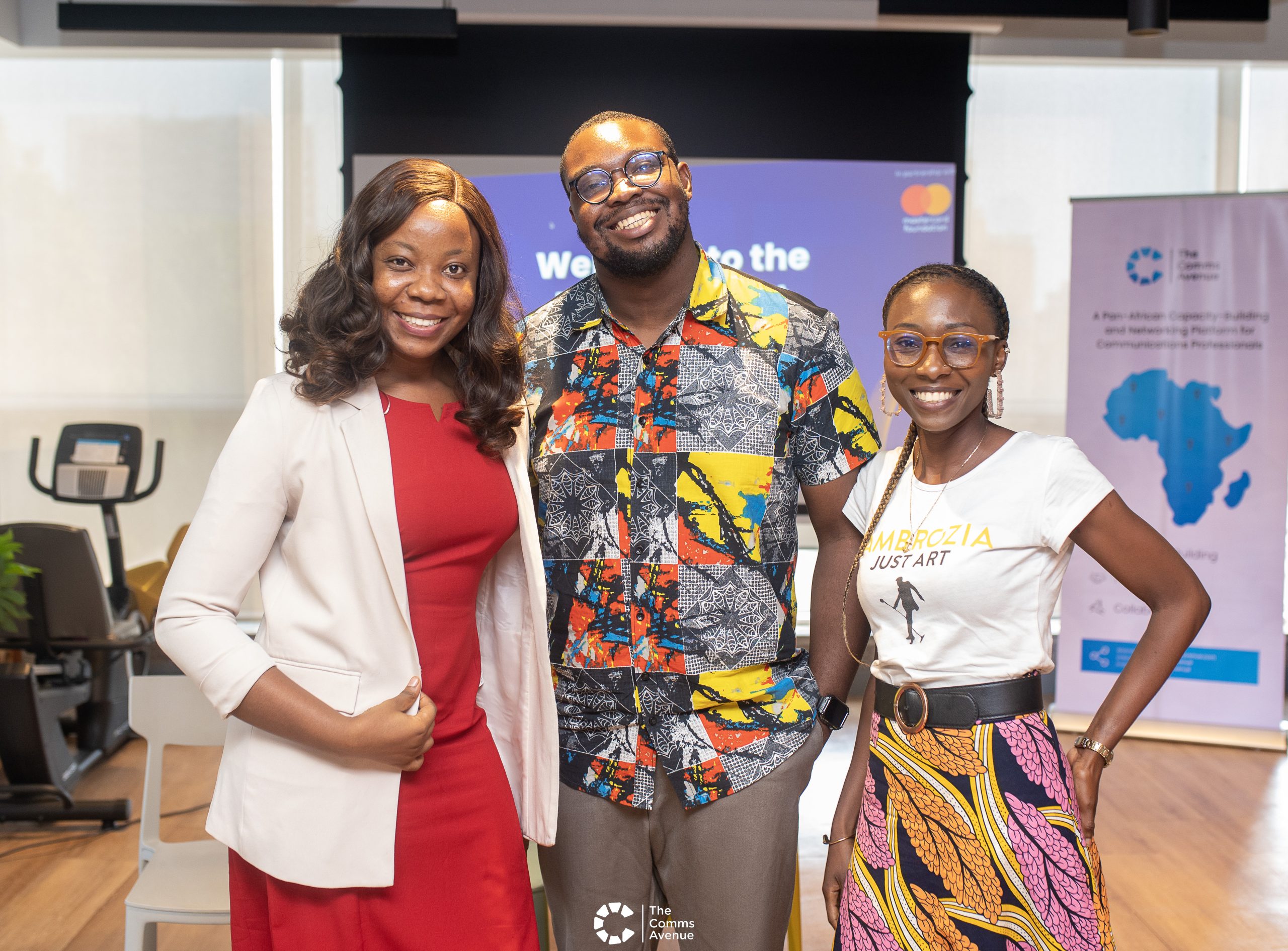
How often do we initiate projects, producing content and campaigns without a clear strategic framework, simply because we received a request from the programmes team? Adedoyin Jaiyesimi’s session served as a crucial reminder that without a well-defined strategy, even the most creative endeavors can become fragmented and ineffective.
A strategic communication framework ensures alignment with organisational objectives, facilitates the measurement of impact, and even provides guidance for individual professional development. I also learned that intentional planning saves time, enhances clarity of purpose, and amplifies the effectiveness of our efforts as Communications professionals.
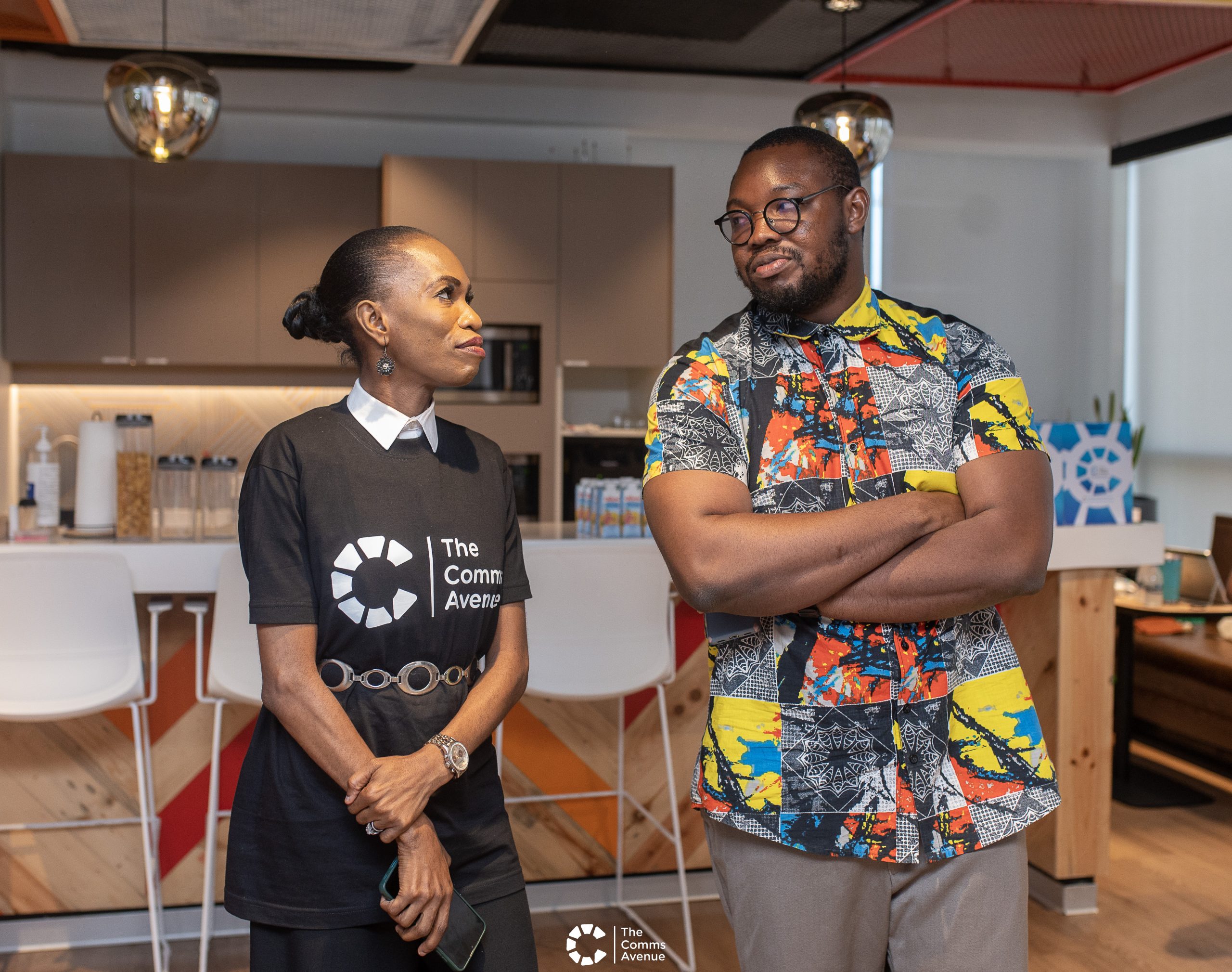
A recurring theme emphasised the importance of delivering excellent work while recognising programme teams as co-creators, not merely stakeholders. It wasn’t surprising that a lot of professionals in the room found themselves in this situation. Too often, Communication professionals in the Development sector operate in isolation, reacting to requests rather than collaborating from the very beginning of a project. When we engage early, ask pertinent questions, and align our efforts collaboratively, the resulting work becomes more impactful, cohesive, and sustainable.
Beyond the structured sessions, the authenticity of the conversations was remarkable. Hearing other professionals share their successes, challenges, and lessons learned created a valuable synergy, reminding me that we all navigate similar complexities, albeit within different contexts.
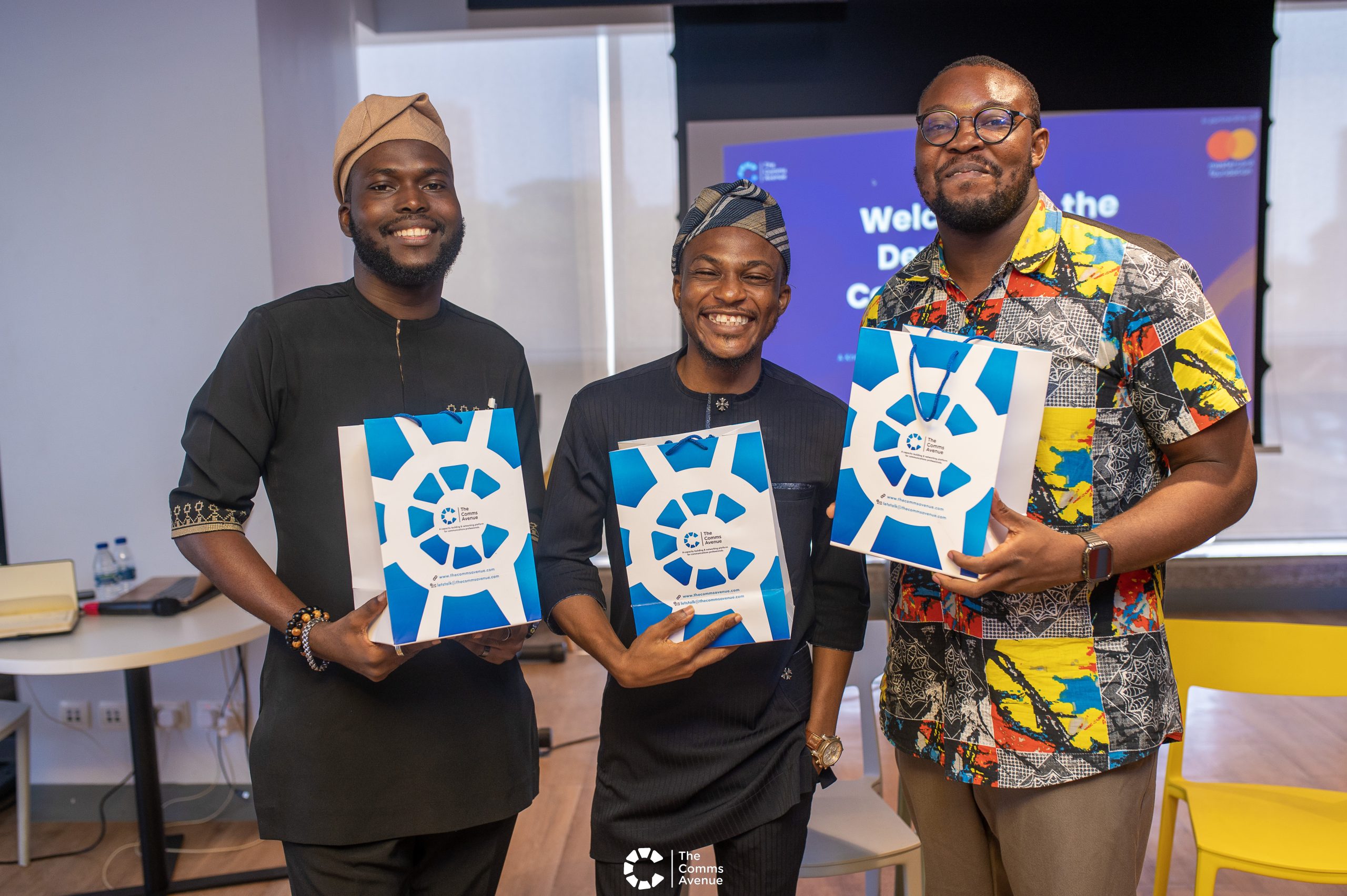
The Development Communications Roundtable was more than just another typical networking event; it was a space for unlearning established practices, rethinking approaches, and building meaningful connections. My key takeaway is this: impactful communication isn’t solely about the content of our message; it’s fundamentally about the intentionality behind how we convey it, who our intended audience is, and who we involve in the creation process along the way.

